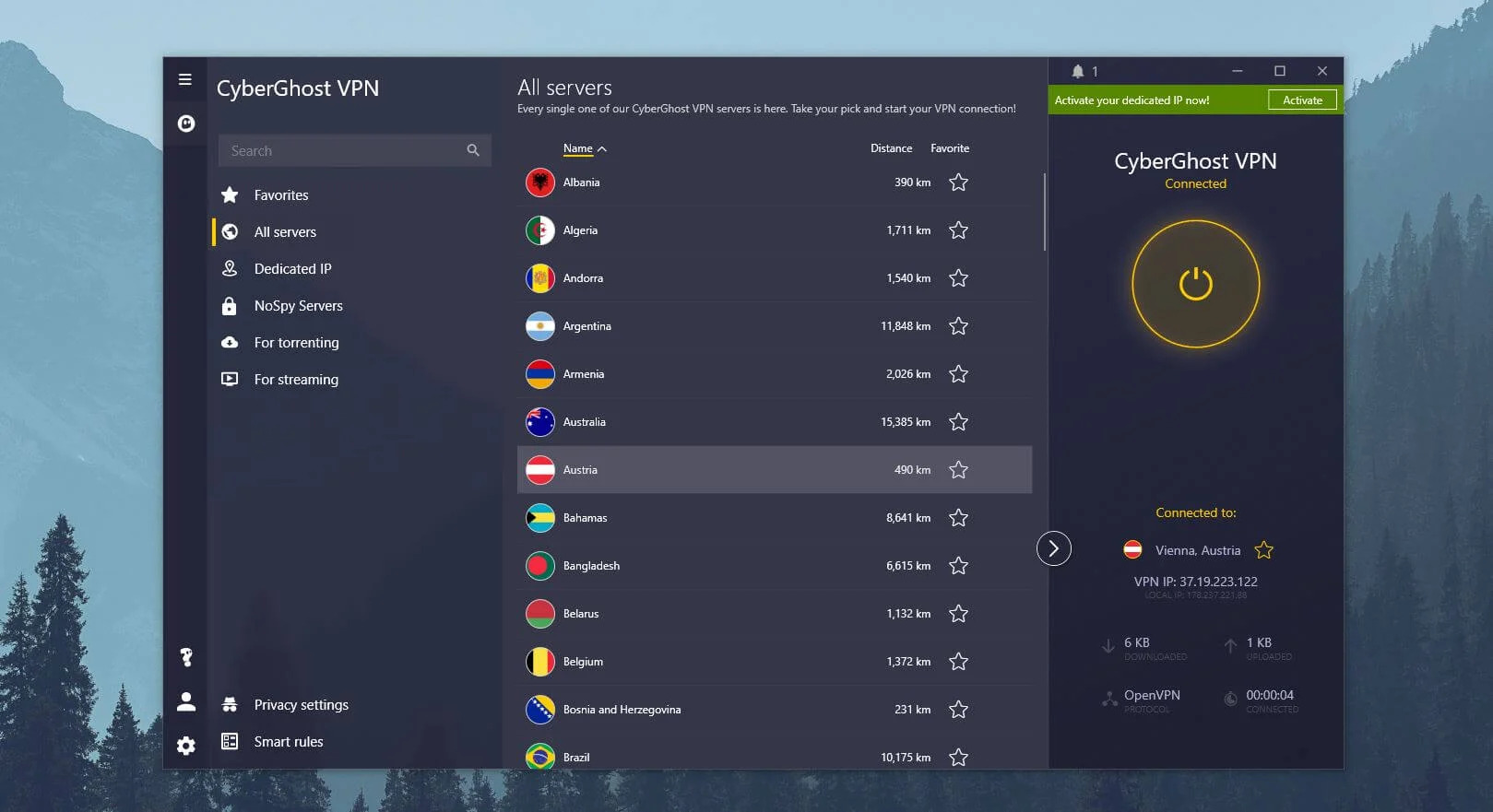Home>Software and Apps>Using a VPN for Sports Betting: Is it Possible?


Software and Apps
Using a VPN for Sports Betting: Is it Possible?
Modified: September 5, 2024
Discover how software and apps can enhance your sports betting experience with the use of a VPN. Learn if it's possible and how to do it effectively.
(Many of the links in this article redirect to a specific reviewed product. Your purchase of these products through affiliate links helps to generate commission for Techsplurge.com, at no extra cost. Learn more)
Table of Contents
Introduction
In the world of sports betting, privacy and security are paramount. With the rise of online betting platforms, protecting personal data and maintaining anonymity has become increasingly important. One tool that has gained significant attention in this context is the Virtual Private Network (VPN). But can a VPN truly help with sports betting? This article will explore the world of VPNs, their capabilities, and whether they are a viable solution for sports bettors.
Read more: Enhancing Sports Betting with VPN Technology
What is a VPN?
A VPN is a service that creates a secure and encrypted connection between your device and a VPN server. This connection masks your IP address, making it appear as though you are accessing the internet from a different location. VPNs are commonly used for various purposes, including protecting online privacy, bypassing geo-restrictions, and securing public Wi-Fi connections.
How Does a VPN Work?
When you connect to a VPN, your internet traffic is routed through the VPN server. The data is encrypted, ensuring that any third party intercepting the data will only see encrypted information and not your original IP address or any other personal details. This encryption process typically uses protocols like OpenVPN, L2TP/IPSec, or PPTP.
Benefits of Using a VPN for Sports Betting
Anonymity and Privacy
One of the primary benefits of using a VPN is anonymity. By masking your IP address, you can avoid being tracked by your internet service provider (ISP), advertisers, and other third parties. This is particularly important for sports bettors who may want to keep their activities private.
Geo-Restrictions
Many sports betting sites are geo-restricted, meaning they are only available in specific countries or regions. A VPN can help you bypass these restrictions by making it appear as though you are accessing the site from a different location.
Security
Online sports betting often involves sensitive financial information. A VPN can provide an additional layer of security by encrypting your data, protecting it from interception by hackers or malicious actors.
Speed and Performance
Some VPNs can potentially slow down your internet connection due to the encryption process. However, many modern VPNs are optimized to minimize this impact, ensuring that your betting experience remains smooth and fast.
Types of VPNs
Read more: Chromecast to Laptop: Is it Possible?
Free VPNs
Free VPNs are often limited in their features and may not provide the same level of security as paid VPNs. They may also have data caps, which could limit your usage.
Paid VPNs
Paid VPNs typically offer more features, better performance, and stronger security. They often have dedicated customer support and more server locations to choose from.
Specialized VPNs for Betting
Some VPNs are specifically designed for online betting. These services usually have optimized servers for gaming and streaming, ensuring a stable connection and low latency.
Choosing the Right VPN for Sports Betting
When selecting a VPN for sports betting, there are several factors to consider:
Server Locations
Ensure the VPN has servers in multiple locations around the world, including those where your preferred sports betting sites are available.
Speed and Performance
Opt for a VPN that is known for its fast speeds and low latency to ensure a seamless betting experience.
Security Features
Look for VPNs that use strong encryption protocols (like AES-256) and have a no-logs policy to ensure your data remains private.
Customer Support
Choose a VPN with reliable customer support in case you encounter any issues.
Read more: How To Use NordVPN
Compatibility
Ensure the VPN is compatible with your device and the platforms you use for sports betting.
Popular VPNs for Sports Betting
ExpressVPN
Known for its fast speeds and strong security features, ExpressVPN is a popular choice among sports bettors. It offers a wide range of server locations and a user-friendly interface.
NordVPN
NordVPN is another highly regarded VPN that offers robust security features and a large network of servers. It also has a dedicated server for gaming and streaming.
Read more: How To Use Surfeasy VPN
CyberGhost VPN
CyberGhost VPN is a budget-friendly option that still offers strong security features and a large server network. It also has a dedicated server for gaming and streaming.
Legal Considerations
While VPNs can help you bypass geo-restrictions, it's essential to note that using a VPN to access illegal activities is against the law. Always ensure that the sports betting sites you access are legitimate and compliant with local laws.
Additional Tips
Always Read Reviews
Before choosing a VPN, read reviews from other users to get a sense of their performance and reliability.
Read more: How To Use VPN On TV
Check for Updates
Regularly check for updates on the VPN's server locations and performance to ensure you have the best possible experience.
Use Multiple Devices
Consider using a VPN on multiple devices to ensure all your online activities are protected.
Be Aware of Data Caps
If you're using a free VPN, be aware of data caps to avoid any interruptions in your betting activities.
By following these tips and choosing the right VPN, you can enjoy a secure and private sports betting experience. Always prioritize your safety and security when engaging in online activities.










